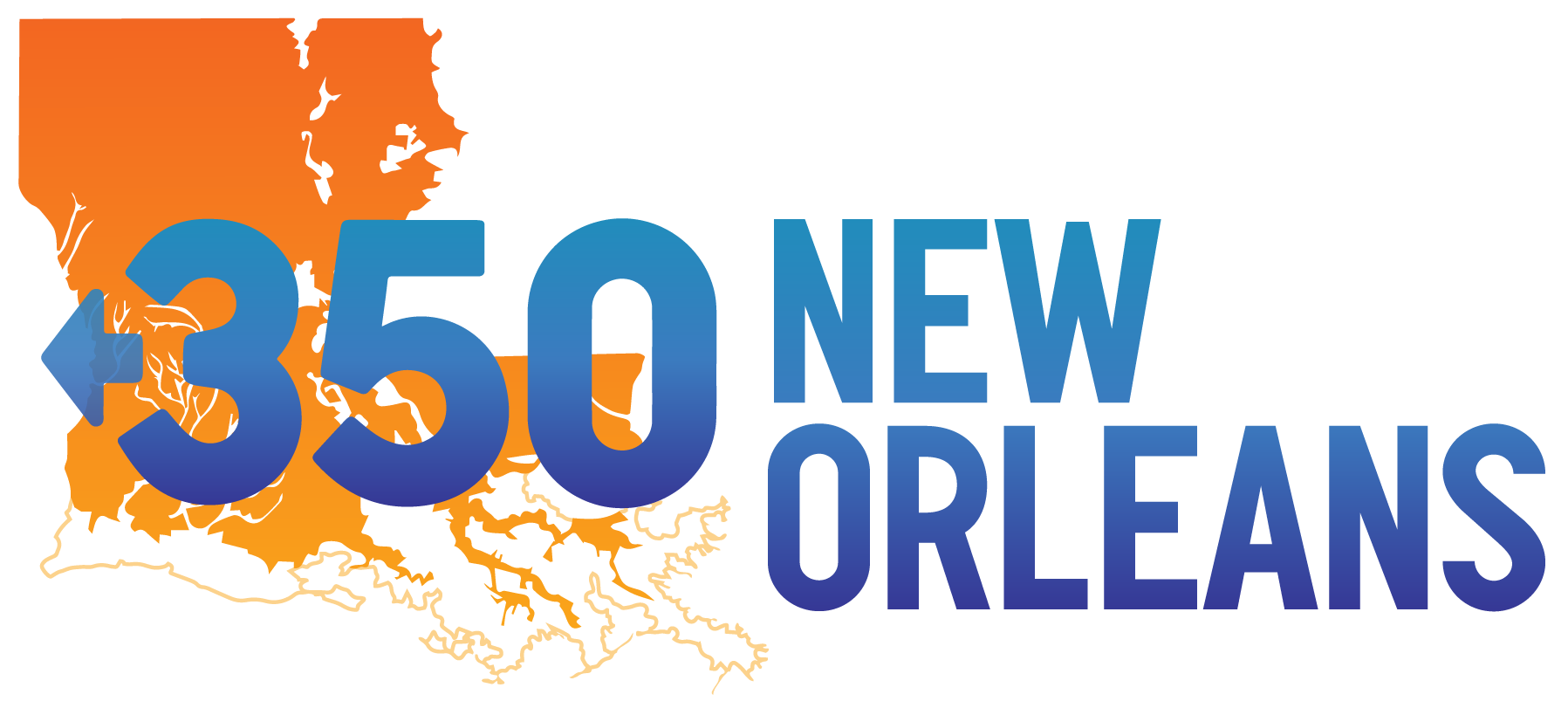By Alicia Cooke
On October 26th, six people attempted to enter the New Orleans offices of the Bureau of Ocean Energy Management (BOEM), the entity responsible for auctioning off parcels of the Gulf of Mexico and other public waters to the fossil fuel industry. Seventy million acres are on the auction block for the next 5 years, many exceeding a mile in depth—well beyond the depth of Deepwater Horizon. We were: an employee of the state (that’s me), a young AmeriCorps alum, UU minister Jim Vanderweele, a candidate running for Steve Scalise’s congressional seat, and two Tulane graduate students. The police had been informed of our presence and were waiting. From a short distance, a man holding a Starbucks cup watched us. Two rows of barricades separated us from the front entrance.

Four of our colleagues had peacefully occupied this same BOEM office several months ago. They were told that while BOEM was magnanimously accommodating of their intentions, the building had a private owner and he wanted them to leave. They were arrested and are awaiting trial.
In many American places, and cities in particular, our public spaces are entangled in a web of privatization, permits, and fees. It’s all good and well to take the philosophical position that the right to peaceable assembly guarantees you free access to spaces and streets, but that position may wilt with the reality of what you’re asking attendees at your event to do: risk entanglement with unsympathetic police and/or private security, cross busy streets without the benefit of a safe escort, etc.
In our time- and cash-strapped activist community down here, we’ve made an art form of walking the line between asking for permission and begging for forgiveness. Leading a Second Line parade in advance of COP21, we got the parade permit at the last minute but skimped on a permit for the gathering place; a security guard kicked us out, but nicely directed us to the closest piece of land over which he didn’t have jurisdiction. When we crashed most recent BOEM lease auction at the Superdome, we spent over $900 to make sure everything was in order—with over 300 from wide walks of life in attendance, the stakes were too great. When we had 200 university students gathered permit-less in a public park in advance of another Second Line for Keystone XL, a security guard kicked us out swiftly.
“Although this is a public space,” he said memorably, “it’s private property.”
We could see a tight knot of BOEM employees clustered in front of the other side of the disabled automatic door. I slipped under the barricade. The police escorted me away. I slipped under a second time, approached the door, waved a hand to the people behind the glass. An invitation to talk. I was escorted away again, and the cuffs went on.
We were all so very un-threatening, right down to the 67-year-old UU minister in his collar, standing peacefully by the front door with his hands clasped behind his back when I last saw him through the window of the cruiser.
In light of our passivity, the heavy officer presence seemed excessive. The man with the Starbucks cup, who turned out to be an undercover Homeland Security officer, seemed excessive. The charges and fines we were slapped with, $530 each for Disorderly Conduct, seemed excessive. A few steps in the wrong direction, and a week’s salary gone.
Let’s be very clear about what is happening when public spaces, be they parcels of the Gulf or city parks, are handed off to private entities: we lose our right to the commons, and increasingly lose avenues of expression to protest our loss of the commons.
After reading our charges in detail, most of us have decided we will stand trial to contest them. Our lawyer warns us that the chance of getting the fines reduced or dismissed is small, but to us it’s worth it to have a chance to plead our case. Climate experts tell us that in order to maintain a livable climate, 80% of existing fossil fuel resources must stay in the ground. The U.S. government simply cannot pursue additional drilling while abiding by the Paris agreements.
“Disorderly” refers to an aberration in how things should be. It implies something falling short of goodness, and of security. One example might be the historically unprecedented and catastrophic rapid temperature rise we have seen in the past several decades due to unethical fossil fuel exploitation. In contrast, I fail utterly to see how attempting to gain peaceful entrance to a building where decisions are made in the public interest counts as “disorderly”. So we’ll see them in court, our consciences in proper order.
Originally published on Unitarian Universalist Young Adults for Climate Justice. Alicia Cooke is a co-founder of 350 New Orleans. She frequents the UU Community Church in Lakeview. She also provided the photo.
